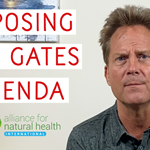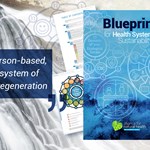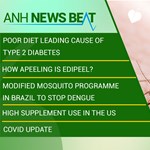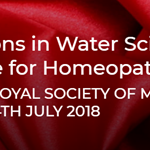-

Never have so few controlled the lives of so many
14 May 2020
Video: Rob Verkerk PhD expresses deep concerns over incestuous circle that controls global Covid strategy
-

The Regen Health Blueprint Project
Regenerating health & care post pandemic. Find out how an entire nation’s approach to health & care could be made both resilient and sustainable for now and the future based on our UK-tailored blueprint
-

ANH News Beat (week 49/2023)
06 December 2023
Our weekly roundup of the latest natural and covid news in one place. Read the headlines or click on the links to find out more
-

Hoffman & Verkerk dialogue on how to safeguard and protect natural health
22 February 2024
Rob Verkerk PhD joins leading US integrative medicine physician Dr Ron Hoffman on his Intelligent Medicine podcast to talk about the latest threats to natural health and what can be done to counter them
-

ANH News Beat (week 42/2023)
18 October 2023
Our weekly roundup of the latest natural and covid news in one place. Read the headlines or click on the links to find out more
-

ANH News Beat (week 16/2023)
20 April 2023
Our weekly roundup of the latest natural and covid news in one place. Read the headlines or click on the links to find out more
-

-

News in Brief (week 50/2022)
15 December 2022
Read the headlines or click on the links to find out more
-

FEATURE: Frequency Medicine (Part 2) - Devices: Wacky or Worthy?
01 February 2023
Rob Verkerk PhD’s second part of his evaluation of frequency medicine, this time diving deep into devices that measure or deliver frequencies to the body
-

Covid News Unwrapped (week 25/2022)
23 June 2022
Our curated roundup of global covid news and information continues as we document the effects of the coronavirus crisis and its ongoing legacy
News / ANH Covid Zone / Health / Campaigns / Activism
What's Hot!
Become a Member!
Become an ANH Pathfinder today and help us co-create new health systems that respect nature as well as human rights and freedoms!
YouTube channel
SUBSCRIBE to our YouTube channel to become part of a growing community of Health Creators

